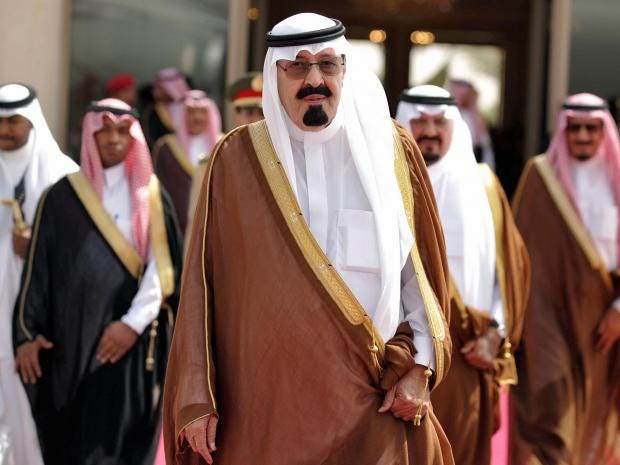by ROBERT FISK

One Saudi businessman noted that the kingdom’s imports would be cheaper; so would purchases in London’s property market, the super-wealthy Arab bolt-hole for immensely rich Gulfies
It’s disconcerting to live in the Middle East at a time when Arabs die in their thousands to reach the EU and Britain commits monetary suicide to leave it. The continent of plenty – and safety – for millions of Muslims seeking refuge from dictators, torturers and wars, has been rejected by a nation which fought for almost six years to destroy dictators, torturers and future wars.
No wonder the Arabs don’t know what to make of Brexit – or “breekseet” as it appears in Arabic transcription – and fall back on history to explain the “justice” of the EU crisis. Having decided in 1916 to break up the Ottoman Empire into Arab statelets to be occupied by Anglo-French forces, Sir Mark Sykes’ descendants would now face the music or, in the words of a Saudi tweeter, “Britain which divided up the Arab countries 100 years ago into incompatible parts will soon taste the bitterness of division and be broken up.” Well, up to a point…
Gulf governments to whom Britain and especially David Cameron have traditionally grovelled took a predictably rosy view of Britain’s potential catastrophe. One Saudi businessman noted that the kingdom’s imports would be cheaper; so would purchases in London’s property market, the super-wealthy Arab bolt-hole for immensely rich Gulfies – which was not quite what Boris, Mike and Nigel had in mind as Brexit benefits. Bahrain, which has just crushed its majority Shia opposition party and deprived its most prominent Shiite cleric, Sheikh Issa Qassem, of his nationality, praised Britain’s “brave and historic decision to leave”, a reaction, no doubt, to the EU’s complaints that tiny Bahrain and its equally miniature king have not exactly lived up to the finest democratic ideals these past few years.
A few Saudis were more cynically level-headed. Jamal Kashoggi, one of the country’s best-known journalists – and the man, incidentally, who first introduced me to Osama bin Laden in Sudan – said that Vladimir Putin was happy to have “succeeded in breaking up the European Union with the refugee crisis created in Syria.” Syrian-Druze journalist Faisal al-Kassim noted with equal cynicism on Qatar’s al-Jazeera channel that “in Britain, when people said ‘no’, Cameron left immediately. In Syria, when people said ‘no’, it was the people who left and al-Assad who stayed.” An interesting point – slightly marred by the fact that David Cameron is not leaving “immediately”, and by the number of UK citizens seeking Irish passports.
But the underlying problem for almost all Arabs, only partially hinted at since Brexit, is that Arab elections are so preposterous, their results so fantastical, their majorities so mythical, that the UK referendum is itself a dream of democracy, however awful, unfair and divisive its results. I’m not talking about the total crackpots – Saddam’s 100 per cent victory in the 2002 Iraqi elections, for instance – but about poor old Egypt which has voted in chains for many years. Just look at that 98.1 per cent for a 2014 constitution which allowed Field Marshal Abdul-Fattah Sisi to stand for president after he had overthrown the elected government of Mohamed Morsi. And then we had Sisi’s own 2014 presidential election victory of 96.1 per cent – now that, surely would have Boris and Mike and Nigel slavering with joy if only we Brits had the same patriotic unity as the Egyptian people.
Independent for more